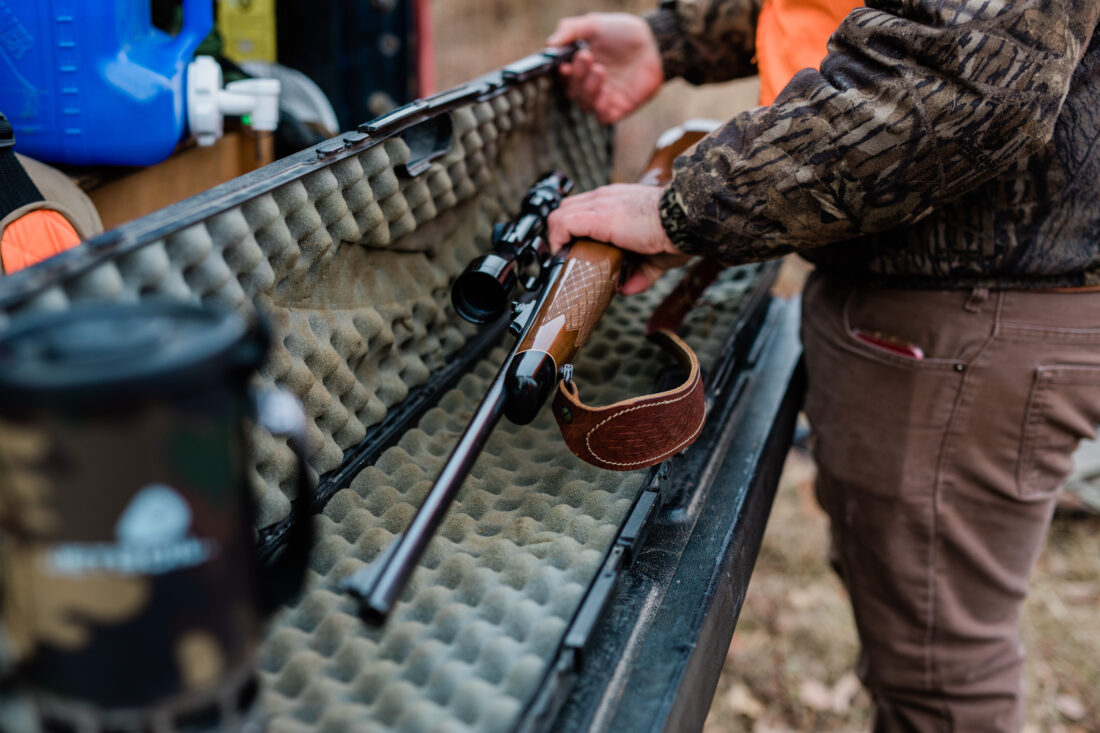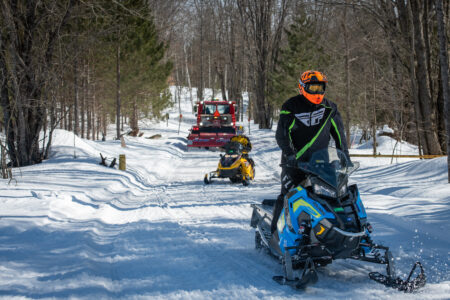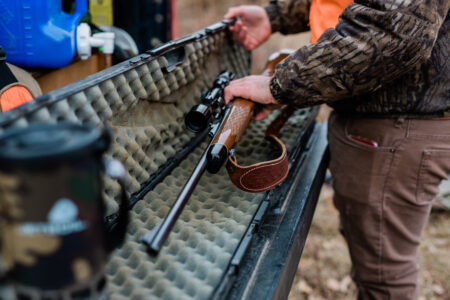DNR asks hunters to protect state parks’ biodiversity

DNR file photo
In a press release on Tuesday, the Michigan Department of Natural Resources (DNR) reminds hunters to consider state parks and recreation areas when heading out to the woods.
“Over 90% of state park and recreation area land is open to hunting,” Ray Fahlsing, stewardship manager for the DNR Parks and Recreation Division, said in the release.
Michigan is home to 103 state parks, according to the release. The DNR states that hunters can play a pivotal role in helping preserve and protect natural, public spaces by hunting deer. Deer like to eat plants and wildflowers in the parks, and their grazing can damage the flora and fauna.
“Unfortunately, overabundant deer are a significant threat to the biological diversity of most of our state parks and recreation areas,” Fahlsing said in the release. “The only thing more worrisome is direct habitat loss.”
“Trillium and many other wildflowers are like ice cream to deer,” he added. “These highly palatable plant species disappear first when deer numbers get too high. Some ‘tasty’ trees have difficulty regenerating even with relatively low numbers of deer. If deer numbers stay high, less appetizing plants become over-browsed. Eventually, even plants not normally eaten by deer are damaged.”
The impact of too many deer in state parks and recreation areas can snowball into additional issues, according to Fahlsing.
“The impact cascades – pollinator insects decline as the numbers of their host plants are eaten, and birds and animals have fewer seeds and insects to dine on,” he said in the release. “Ecosystems with too many deer have fewer native plants and are less resilient.”
A part of our natural heritage is diminished when this kind of damage occurs, he added. “This should matter to you whether you are a birder, nature watcher, or hunter.”
Where to hunt, how to help
The DNR states that harvesting antlerless deer helps reduce their impact on state parks, and hunters should also consider harvesting an additional doe for donation to the Hunters Feeding Michigan program.
“Not only will you help feed hungry people, but you will help conserve wildlife, wildflowers, and the state’s natural heritage,” Fahlsing said.
Since not all parks and recreation areas are open to hunting, and those that do have specific areas designated for this activity, the DNR states hunters should contact parks directly for details.





